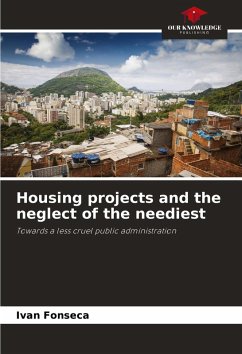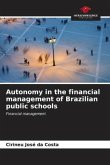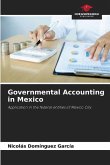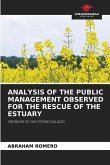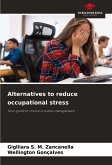In this work, we sought to understand the notion of the right to the city as something beyond the acquisition of a home by the less favoured classes. The national housing programme Minha casa, Minha vida (My house, My life) has made it possible for countless needy families to obtain housing and move out of squatter and unhealthy areas. However, the problems of infrastructure and neglect on the part of the public authorities have only been transported from that deprived area to the new poor neighbourhoods that have been created, demonstrating a perverse management of poverty in which the least advantaged are removed from an area without thinking about all the implications that such changes will generate. In this way, I'm trying to demonstrate how, in the city of Juiz de Fora - MG, the creation of housing estates hasn't solved various social problems and hasn't made participatory citizenship possible for those most in need, keeping them in the stigma of degraded and undesirable places, even for the city's poor middle classes.
Bitte wählen Sie Ihr Anliegen aus.
Rechnungen
Retourenschein anfordern
Bestellstatus
Storno

